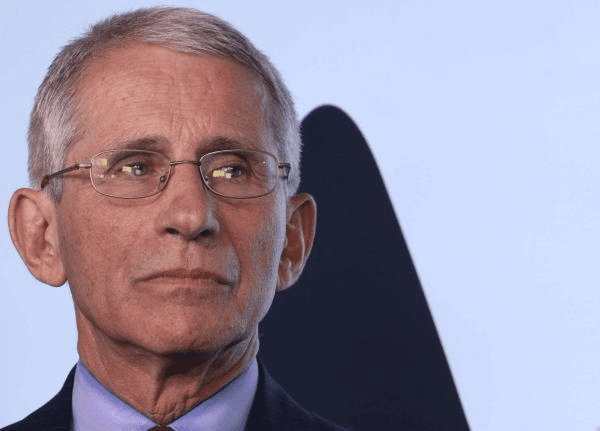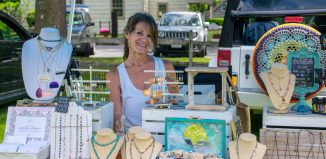Making Democracy Work: Trust but verify — Every citizen’s responsibility
By Peggy Olness
“Everyone is entitled to his own opinion, but not his own facts” said our NY Senator Daniel Patrick Moynihan. This simple but important statement has re-emerged in this unusual era as a call for truth, and can sometimes be the difference between life and death. Being informed is every citizen’s responsibility, whether making sense of a cacophony of voices during a pandemic or ultimately choosing leaders on election day. Use this time of enforced and prudent social distancing to educate yourself on how to separate fact from opinion and fiction.
Over 100 doctors and nurses serving on the front lines of the coronavirus pandemic recently sent a letter to the largest social media platforms, Facebook, Twitter, Google, & YouTube, warning that misleading information about COVID-19 is threatening lives. The letter called on these organizations to more aggressively monitor the posting of medical misinformation appearing on their websites.
Misinformation about COVID-19 includes unfounded claims and conspiracy theories about the virus originating as biological weapon development and being deliberately spread by various groups or countries. Even more dangerous have been the unsubstantiated claims for “sure cures” that involve certain types of therapies or treatments with substances, many of which are poisonous or which must be monitored by a medical professional. There have been documented instances of people dying or suffering serious harm as a result of following this misinformed advice.
For COVID-19 information dependable places to start are the websites of the CDC and the National Institute of Allergy and Infectious Diseases. The Center for Disease Control and Prevention (CDC) was created by Congress in 1946 to focus on infectious disease and food borne pathogens. It functions under the US Public Health Service (PHS) to provide leadership and assistance for epidemics, disasters and general public health services. It is responsible for the Strategic National Stockpile, a stockpile of drugs, vaccines, and other medical products and supplies to provide for the emergency health security of the US & its territories.
Also under the PHS are the National Institutes for Health (NIH), responsible for basic and applied research for biomedical and public health, founded in the 1880’s to investigate the causes of malaria, cholera and yellow fever epidemics. A subagency, of the NIH, the National Institute of Allergy & Infectious Diseases (NIAID), is the lead agency studying the nature of the coronavirus and its treatment and prevention.
Dr. Anthony Fauci, M.D, NIAID Director since 1984, has helped NIAID lead the US through a number of crises including HIV-AIDS, Ebola, West Nile Virus, SARS, H1N1 flu, MERS-CoV, Zika and COVID-19. Dr Fauci has been trying to communicate the facts his agency has discovered about coronavirus and COVID-19. Scientists are seekers of findings that can be replicated, and their research is constantly being updated, revised, communicated, and it is collaborative and open.
Misinformation and rumor have always been a part of society, and the children’s game of “Telephone” has been used for generations to show how factual information can become changed or distorted when it is passed down a line of people. So what can we do about it? Before making decisions about action, be sure that the information and sources that are guiding you are reliable and trusted. During this COVID-19 crisis, actions taken by those around you can have negative consequences. Remember to use social media with an emphasis on “social;” your source for facts and your basis for decisions should be well-documented media/journalism and peer-reviewed science. Be sure, as President Reagan advised, you have trusted but also verified.
The Suffolk Cooperative Library System, with the assistance of the Suffolk County League of Women Voters and building on the work of the Westchester LWV, has produced a 10 minute professional development video: “INFODEMIC 101: Inoculating Against Coronavirus Misinformation” which can be found on the Livebrary YouTube channel https://youtu.be/7qmy3FaCjHU
Peggy Olness is a board member of the League of Women Voters of Suffolk County, a nonprofit, nonpartisan organization that encourages the informed and active participation of citizens in government and influences public policy through education and advocacy. For more information, visit http://www.lwv-suffolkcounty.org, email [email protected] or call 631-862-6860.







